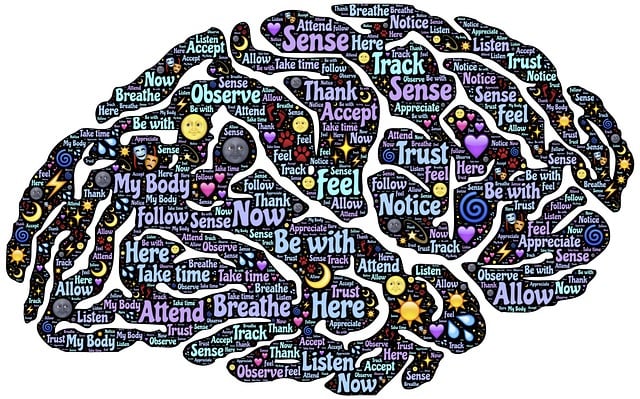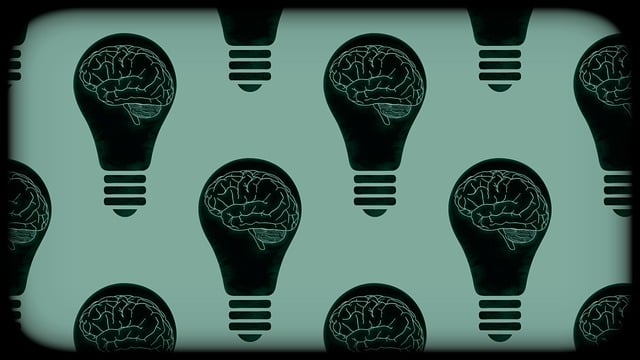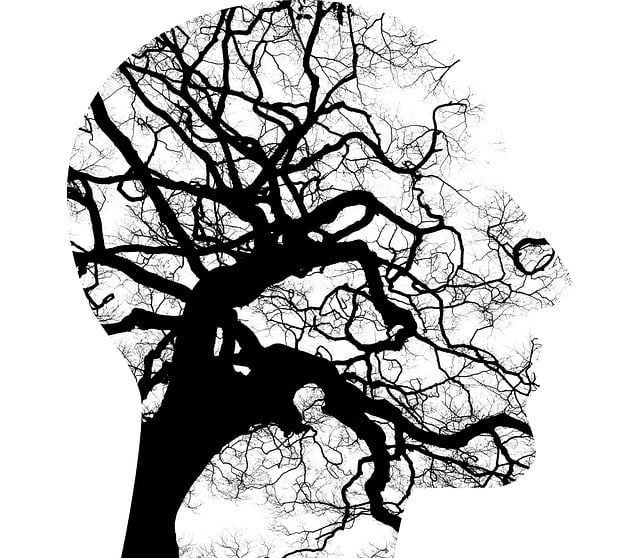In the digital age, media portrayal of mental illness significantly influences public perception, often perpetuating stereotypes and misinformed depictions that contribute to stigma. Superior Christian Counseling Therapy advocates for nuanced storytelling that presents mental illness as diverse and complex, similar to physical health issues. By integrating realistic portrayals, conflict resolution techniques, and holistic approaches, this therapy model fosters understanding, promotes emotional well-being, and facilitates better risk assessments. Superior Christian Counseling Therapy reshapes perceptions about mental health through evidence-based practices combined with spiritual insights, offering specialized care for diverse psychological needs. Media should commit to exploring complexities of conditions, dispel stereotypes, promote empathy, and build resilience within storytelling to reduce stigma and foster inclusive communities.
In today’s media landscape, mental illness representation is a critical issue. This article explores the current state of mental health depiction in popular culture, highlighting prevalent stereotypes and their impact. We delve into the role of Superior Christian Counseling Therapy (SCTC) as a force for challenging these narratives, fostering more accurate and empathetic portrayals. Through effective strategies, SCTC contributes to revolutionizing media’s approach to mental illness, ensuring a more nuanced understanding among viewers.
- Understanding Mental Illness Representation in Media: The Current Landscape
- The Role of Superior Christian Counseling Therapy in Challenging Stereotypes
- Effective Strategies for Promoting Accurate and Empathic Portrayals in Popular Culture
Understanding Mental Illness Representation in Media: The Current Landscape

In today’s digital age, media plays a pivotal role in shaping public perception about mental illness. The current landscape presents a mixed picture; while there has been increasing awareness and discussions around mental health topics, representation often falls short of accuracy and empathy. Superior Christian Counseling Therapy (SCT) emphasizes the importance of nuanced storytelling that goes beyond stereotypes and sensationalism. Many media portrayals depict mental illness as solely negative or portray individuals with conditions like depression, anxiety, or PTSD as weak or dangerous, failing to capture the spectrum of experiences. This skewed representation can lead to stigma, misinformed decisions, and barriers for those seeking support.
The challenge lies in presenting mental illness as a diverse and complex issue, similar to physical health conditions. Encouraging media platforms to adopt more realistic portrayals can foster understanding and encourage emotional well-being promotion techniques for both on-screen characters and viewers. Additionally, integrating conflict resolution techniques could help navigate sensitive conversations surrounding mental health, enabling open discussions without perpetuating harmful stereotypes. A balanced approach in media representation can facilitate better risk assessments for mental health professionals and contribute to a more supportive societal atmosphere for those dealing with mental illness.
The Role of Superior Christian Counseling Therapy in Challenging Stereotypes

Superior Christian Counseling Therapy plays a pivotal role in challenging stereotypes surrounding mental illness by providing a unique perspective and effective treatment models. Through specialized counseling sessions, individuals struggling with various psychological disorders can find solace and support. Therapists employ evidence-based communication strategies to dispel myths and promote understanding, fostering an environment where clients feel empowered to share their experiences openly.
This approach not only aids in self-esteem improvement but also enables trauma support services tailored to individual needs. By integrating spiritual insights with traditional therapy techniques, Superior Christian Counseling Therapy offers a holistic solution, addressing the mind, body, and soul. This comprehensive method has proven effective in challenging negative stereotypes and offering hope to those seeking healing and recovery.
Effective Strategies for Promoting Accurate and Empathic Portrayals in Popular Culture

In recent years, there’s been a growing recognition of the impact media has on shaping public perception of mental health. To foster accurate and empathetic representations, creators must go beyond superficial portrayals and delve into the complexities of various conditions. Superior Christian Counseling Therapy emphasizes that integrating real-life experiences and perspectives from individuals living with these challenges is paramount. By showcasing characters grappling with mental illness as multi-dimensional beings, with unique strengths and vulnerabilities, media can dispel stereotypes and promote understanding.
This shift requires a commitment to resilience building within storytelling, where characters employ effective conflict resolution techniques to navigate their struggles. Portraying emotional regulation strategies and the process of healing can offer valuable insights for audiences, encouraging empathy and support for those facing mental health issues. Ultimately, these nuanced representations can contribute to reducing stigma and fostering inclusive communities.
In conclusion, the representation of mental illness in media has been a long-standing challenge, but with initiatives like Superior Christian Counseling Therapy leading the way, we are witnessing a positive shift. By challenging stereotypes and implementing effective strategies for accurate and empathic portrayals, popular culture is becoming a more inclusive space. This not only fosters understanding but also encourages support for those living with mental health conditions. As the world continues to navigate this complex issue, media has the potential to revolutionize perceptions and enhance empathy on a global scale.














